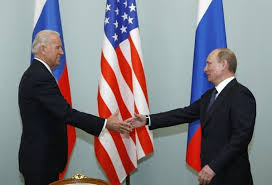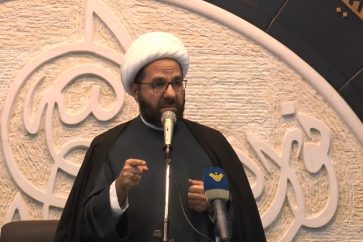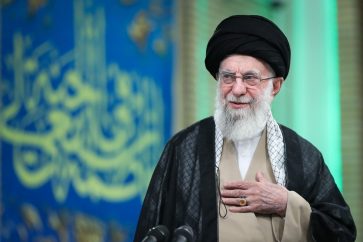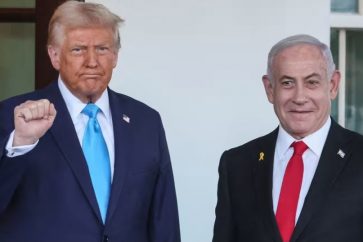Arms control advocates have urged US president-elect Joe Biden to save the last major nuclear arms control treaty between the US and Russia, which is going to be expired soon and put the world at risk of another catastrophic nuclear arms race.
Biden needs to take an immediate decision after taking office in January, whether to extend the 2010 New Strategic Arms Reduction Treaty — New START— that is scheduled to expire in early February.
The administration of President Donald Trump has yet to make a decision on the renewal of New START or abandoning the key treaty.
This has prompted arms control groups to write a letter to Biden’s transition team to call for an unconditional five-year extension of the treaty.
“Just as dramatic action is needed to combat climate change and the COVID-19 pandemic, immediate, smart and bold American leadership is required to reduce the threat of nuclear catastrophe,” read the letter.
The arms control advocates argued that Biden should announce it will seek a follow-on treaty lowering New START’s limit of 1,550 deployed strategic nuclear warheads and restrictions on their delivery systems.
“Extending New START by five years provides the time necessary for the complex negotiations on a follow-on deal,” said Daryl Kimball, executive director of the Arms Control Association, who coordinated the letter.
A Biden administration will have a long list of nuclear weapons issues to deal with, with the New START at the top of it.
The treaty was signed in July 1991, by then President George H. W. Bush and Mikhail Gorbachev, the last president of the Soviet Union.
The treaty barred the two countries from deploying more than 6,000 nuclear warheads atop a total of 1,600 intercontinental ballistic missiles (ICBMs) and bombers.
Biden supports an extension as a “foundation for new arms control arrangements,” but has not said by how long, according to sources close to his transition team.
“There’s been a debate among some of the advisers about whether a five-year extension is the right move, or doing something shorter makes sense,” said Jon Wolfsthal, former President Barack Obama’s top arms control adviser.
Wolfsthal — now at the Carnegie Endowment for International Peace think tank — said he is optimistic about Biden’s chances of staving off a fresh nuclear arms race.
Those calling for extending the treaty for another five years, argue that it would put its expiration beyond Biden’s four-year term, potentially reducing his leverage to secure a follow-on pact, according to Wolfsthal.
Russian President Vladimir Putin has long sought an unconditional five-year extension of the treaty, but the Trump administration wants to strengthen verification provisions and broaden the treaty to cover other Russian arsenals, including conventional, space and cyberspace.
The Putin Trump China’s decision on whether to participate in the talks was exclusively Beijing’s to make.
Trump pulled out the US of the 1987 Intermediate-Range Nuclear Forces Treaty (INF) with Russia, last year, citing Moscow’s failure to comply with the treaty.
The landmark treaty had banned all land-based missiles with the range up to 5,500 kilometers and officially left six months later.
Russia said it had not breached the accord and believed the US planned to abandon the deal as part of its plan to develop its own sophisticated missiles.
Following the US move, Moscow also declared the formal end of the arms control treaty.
Immediately after the US withdrawal, Washington said it was planning to place ground-launched intermediate-range missiles in Asia. It also asserted that the Pentagon was moving forward with plans to acquire ground-launched missiles that fly distances that had been banned under the INF.
Earlier this month, the US military downed for the first time an intercontinental ballistic missile (ICBM) with a missile fired from a warship.
The test launch, which was part of an advanced intercontinental interception test, sparked anger in Russia, with the foreign ministry describing it as “a direct evidence of a concrete example of how Washington manipulated the public opinion of its country.”
Moscow warns Washington that it reserves the right “to take the necessary response measures.”
Source: Reuters




